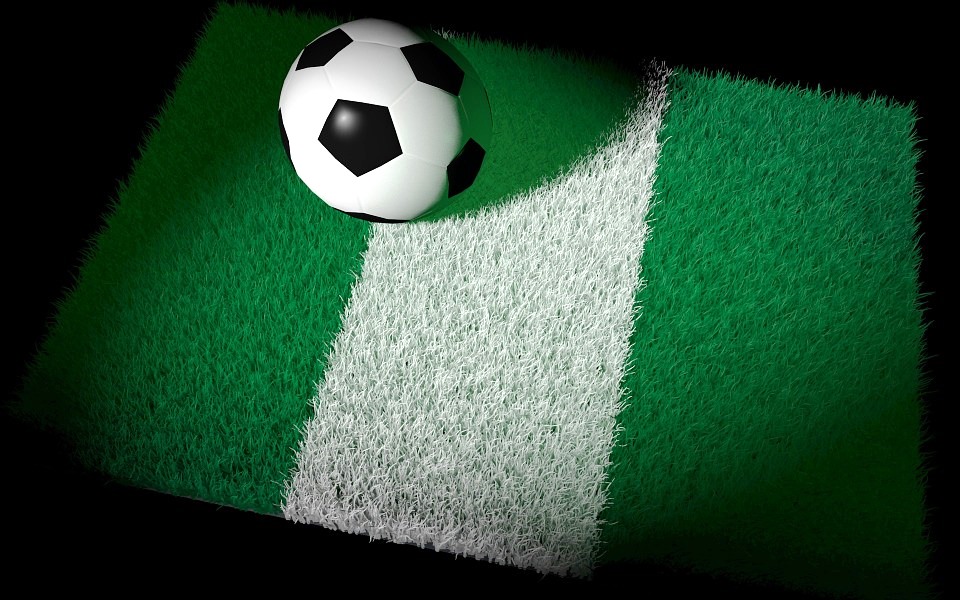After being introduced to the country during the British colonial period, football has grown to become the most widely played and watched sport in Nigeria today. This is reflected in the success of its individual stars, with many Nigerian players such as Nwankwo Kanu, Jay-Jay Okocha and Yakubu proving to be great hits at the biggest European clubs.
But what about the leagues from which they originated? While Nigerian football (and African football in general) does lag some way behind its European counterparts, technology has the potential to revolutionize the way in which it is viewed in the country. Here are a handful of ways that technology has already impacted upon Nigerian football and made it a more progressive product for players and fans alike.
Coverage
While the English Premier League, La Liga and Serie A are beamed from satellites to TV stations all around the globe, coverage of Nigerian football matches has been sorely lacking to date. However, the greater adoption of the latest filming and broadcasting techniques can help to bring fans closer to their team, as championed by Mutiu Adepoju, a La Liga ambassador to the country. Adepoju said that drone cameras, goal-line technology and other innovations could make it far easier and more enjoyable to consume football matches in Nigeria.
Betting
The practice of laying a wager on the outcome of sporting events has become far more popular in the last decade or so, including in Nigeria. While betting used to be limited to simply picking the victor of a football match prior to kick-off, the advent of in-play betting on football has opened up a whole new range of markets for gambling aficionados. As well as predicting the final score, punters can now lay wagers on a wide selection of different metrics, including goal scorers, corners and cards, among many others.
Fitness
The use of heart-rate monitors, step counters and other fitness-related tech equipment is standard practice in all the top leagues across Europe and beyond. African nations such as Nigeria are learning from that example and implementing the same measures at their own training grounds and stadia. By doing so, they are able to access unprecedented reams of data on the performance of their players, allowing them unique insight into team tactics and affording them the opportunity to tweak training schedules as appropriate.
Corruption
Sadly, there have been numerous legal disputes between clubs and players in Nigeria in recent years, wherein the latter have accused the former of not paying their wages. The uptake of blockchain technology could precipitate the arrival of smart contracts underpinned by a transactional ledger. These contracts would automatically log all payments made to certain players, greatly facilitating bookkeeping for the clubs in question and allowing them to tie salaries and bonuses directly to performance, as well as removing all grounds for dispute in a single stroke.
Although Nigerian football is not yet as competitive or as compelling as other leagues around the world, the increasing use of technology could help to catapult the sport into the 21st century.

































